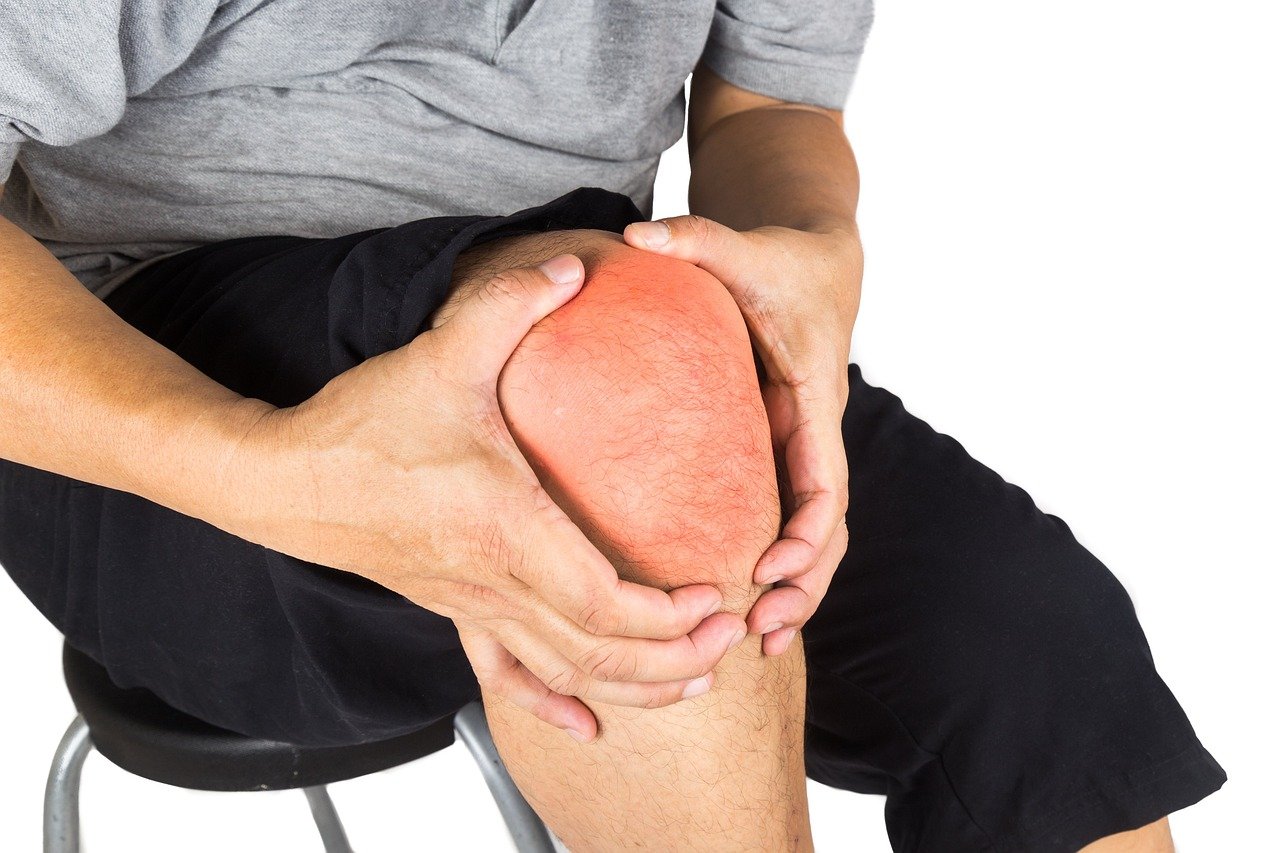Extensor tendinopathy, commonly known as Tennis Elbow, is a condition caused by inflammation or tiny tears in the tendons on the outside (lateral side) of the elbow. These tendons attach the forearm muscles to the lateral epicondyle, a bony prominence of the upper arm. Although associated with tennis players, this condition can affect anyone performing repetitive wrist and arm motions.
What Causes Tennis Elbow?
Tennis Elbow is an overuse injury resulting from repeated contraction of the forearm muscles responsible for straightening and raising the hand and wrist. These repetitive motions can lead to inflammation or micro-tears in the tendons. While poor technique in tennis backhand strokes is a well-known cause, other activities such as using tools (e.g., screwdrivers, hammers), painting, raking, or weaving can also trigger this condition.
Signs and Symptoms
The symptoms of Tennis Elbow develop gradually and can worsen over time if left untreated. Common signs include:
Pain and Discomfort
Pain often radiates from the outside of the elbow into the forearm and wrist. It can intensify during activities requiring arm motion and grip.
Sensitivity to Touch
The lateral side of the elbow may become tender to touch or painful when bumped.
Weakness
A weakened grip, particularly during activities like shaking hands, turning doorknobs, or lifting objects, is a hallmark of Tennis Elbow.
Persistent Pain
In severe cases, pain may occur even when the arm is at rest, interfering with daily activities and sleep.
When to Seek Professional Help
If rest, ice application, and over-the-counter pain relievers fail to alleviate symptoms, consulting a healthcare professional is crucial. Early intervention can prevent further damage and promote recovery.
Physiotherapy Treatment
Physiotherapy is highly effective in managing Tennis Elbow and restoring normal function. Treatment typically progresses through three stages:
Stage 1: Pain and Inflammation Reduction
The initial focus is on reducing pain and inflammation using rest, ice application, and modalities such as ultrasound or electrical stimulation. This stage helps alleviate discomfort and prepares the elbow for further treatment.
Stage 2: Strengthening and Range of Motion
Once pain subsides, strengthening exercises and range-of-motion activities are introduced. Functional exercises simulate daily tasks to improve joint mobility and muscle resilience, while gradually exposing the elbow to mild stress.
Stage 3: Returning to Normal Activities
This stage emphasizes building muscle strength and endurance to support the elbow during regular activities and sports. A tailored rehabilitation program ensures a safe and effective transition back to work, hobbies, or athletic pursuits.
Preventing Tennis Elbow
Preventative strategies can significantly reduce the risk of developing Tennis Elbow:
Proper Technique: Learn correct techniques for sports and repetitive tasks to minimize stress on the elbow.
Ergonomic Adjustments: Use tools with ergonomic grips and adjust workstations to reduce strain.
Strength and Flexibility Training: Regular exercises targeting forearm muscles can improve strength and flexibility, reducing the risk of overuse injuries.
Tennis Elbow, though often painful and disruptive, can be effectively managed with timely intervention and a structured physiotherapy program. Understanding its causes and symptoms, combined with a commitment to rehabilitation, can lead to a full recovery and a return to normal activities













